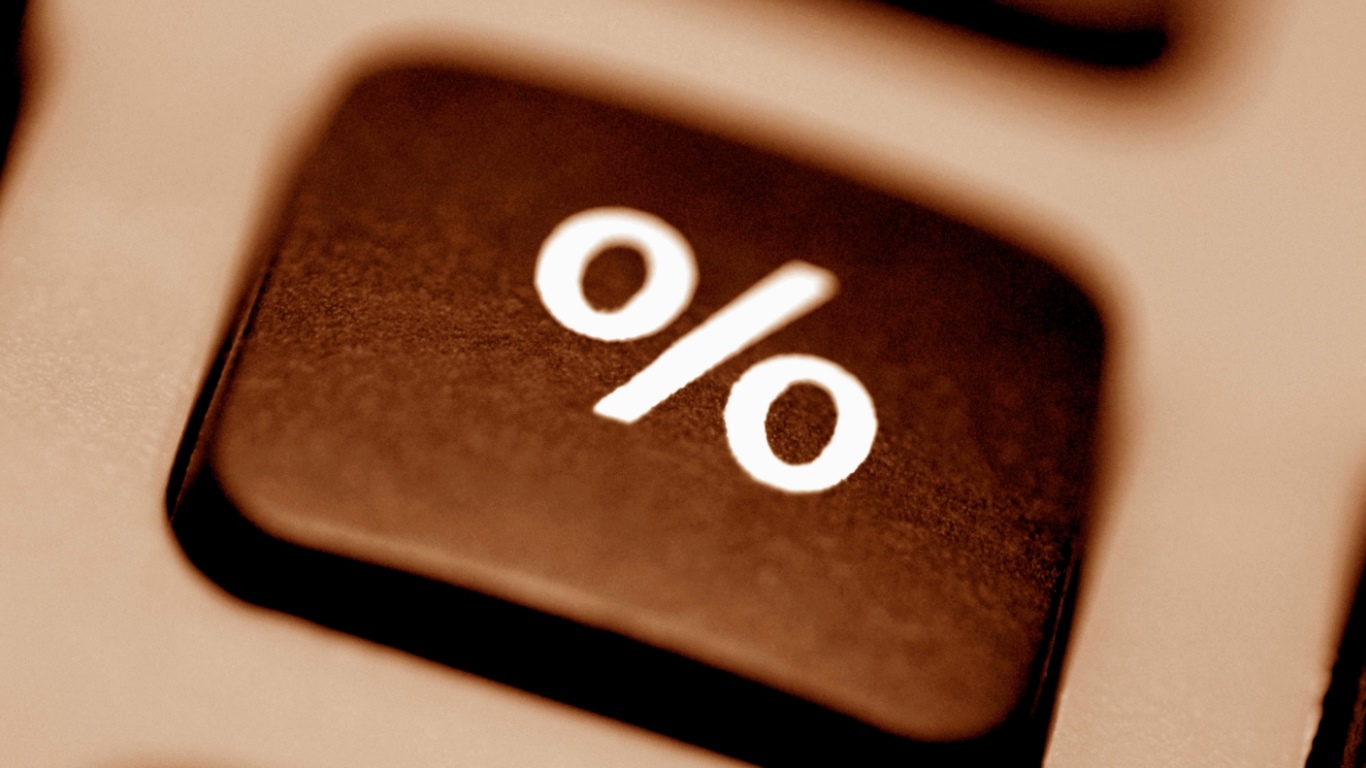Banking, finance, and taxes
Beyond Bitcoin: The Utility Settlement Coin From Global Banks

Published:
Last Updated:

The world has gone from being puzzled about cryptocurrency and blockchain to being obsessed with them, and then the excitement was crushed after seeing bitcoin and the other cryptocurrencies fall enough that it looked exactly like the dot-com bubble all over again.
With news that Facebook Inc. (NASDAQ: FB) has been in preliminary talks with the U.S. Commodity Futures Trading Commission (CFTC) for its own would-be cryptocurrency (or digital currency), now there is a further development in a hybrid effort by some of the world’s top banking giants.
The Utility Settlement Coin (USC) has moved toward its next phase of maturity with the creation of Fnality International. This effort is far from massive, and its future is far from certain, but it has completed a 50 million British pound series-A equity round.
USC hopes to be backed 100% by fiat currency held at the respective central bank, with convertibility into fiat currency at par guaranteed (value) at all times. The Fnality solution also will ensure that settlement is achieved under the local settlement finality laws and regulations in each jurisdiction.
While this may stoke excitement for those wanting more blockchain or cryptocurrency offerings, this effort is one that may never really be seen by the public. The June 3 announcement even shows how the effort is to deliver a “peer-to-peer” digital settlement asset for wholesale banking. The Fnality press release said:
The goal of earlier stages of the USC project centered on research & development efforts to solve for a more efficient means of international cross border payments in tomorrow’s world of tokenized wholesale markets. At the same time reducing settlement risk, counterparty risk and ultimately system risk in the post-trade settlement process.
With the benefit of earlier work, the focus for Fnality is now to create and deploy a solution incorporating Legal, Regulatory, Operational and Technical aspects, to create a regulated network of distributed Financial Market Infrastructures (dFMIs) to support global exchange of value transactions. Initially, five currencies are in scope: CAD, EUR, GBP, JPY & USD. Further currencies will likely be added in due course.
That does not exactly sound like a new cryptocurrency for the global masses to use in the same manner as bitcoin and other cryptocurrencies.
The top banks and institutions who are listed as the founding shareholders of Fnality are listed as follows: Banco Santander, BNY Mellon, Barclays, CIBC, Commerzbank, Credit Suisse, ING, KBC Group, Lloyds Banking Group, MUFG Bank, Nasdaq, Sumitomo Mitsui Banking, State Street and UBS. A press release from Fnality noted that Clearmatics will continue in its role as the technology partner to Fnality.
As far as why this may never trickle down to the public level, even if successful, the USC is being represented as having the potential to transform clearing and settlement processes. It would enable delivery versus payment in tokenized securities markets, and it could have a role in the secured funding market to enable instant settlement on a payment versus payment basis.
A prior press release from Fnality (May 10, 2019) showed that cryptocurrency has been lauded as a way to control the supply and issuance of a medium of exchange without a third party. By making the supply and issuance of this currency transparent, it decouples it from unforeseen political events such as quantitative easing.
There has long been some mix-up in the public’s views on bitcoin, competing cryptocurrencies and the potential use of blockchain and distributed ledger technologies. This new USC may be one more effort among many others to help underlying blockchain acceptance at the enterprise levels, but this does not exactly sound like the next initial coin offering that will be chased by or available to the masses.
Let’s face it: If your money is just sitting in a checking account, you’re losing value every single day. With most checking accounts offering little to no interest, the cash you worked so hard to save is gradually being eroded by inflation.
However, by moving that money into a high-yield savings account, you can put your cash to work, growing steadily with little to no effort on your part. In just a few clicks, you can set up a high-yield savings account and start earning interest immediately.
There are plenty of reputable banks and online platforms that offer competitive rates, and many of them come with zero fees and no minimum balance requirements. Click here to see if you’re earning the best possible rate on your money!
Thank you for reading! Have some feedback for us?
Contact the 24/7 Wall St. editorial team.